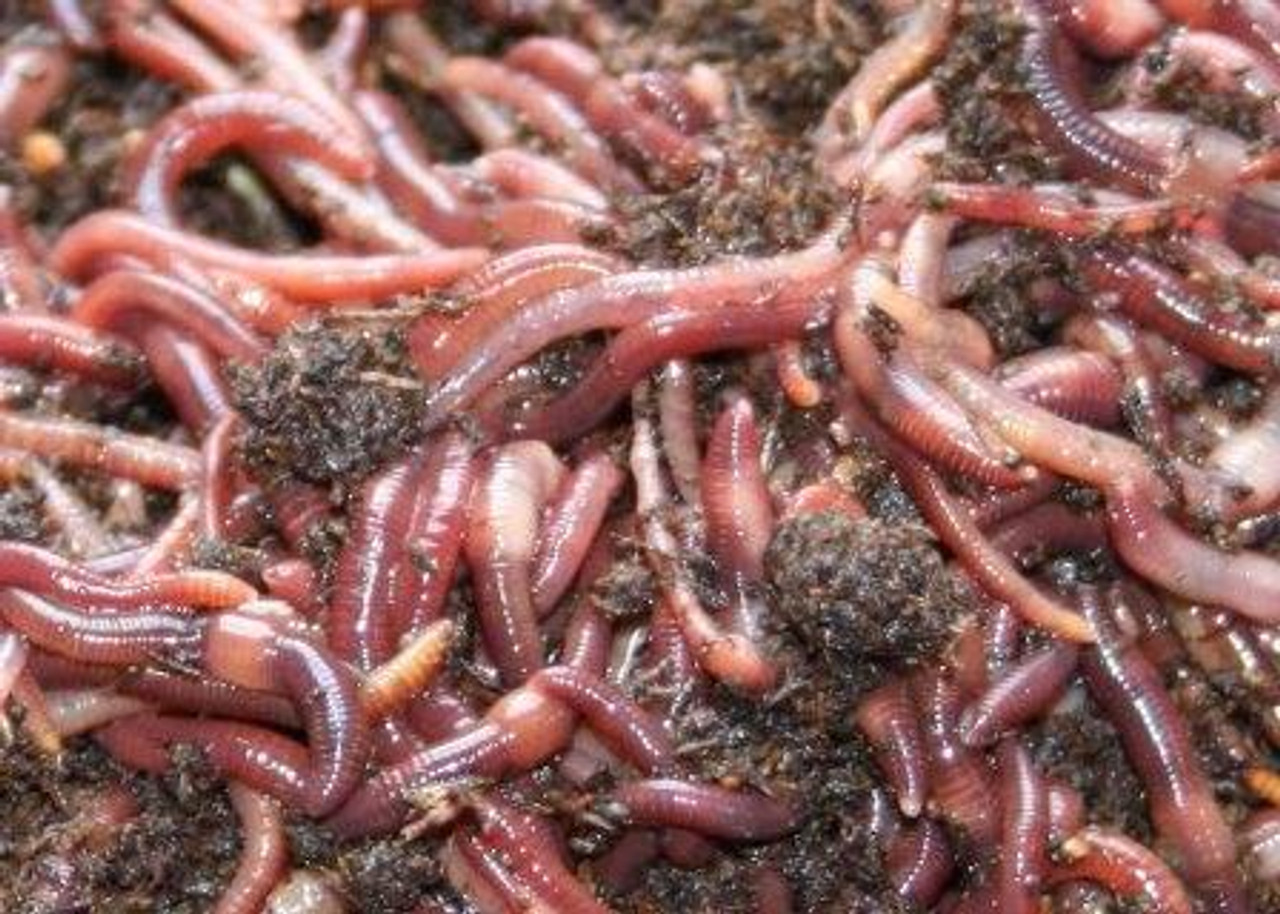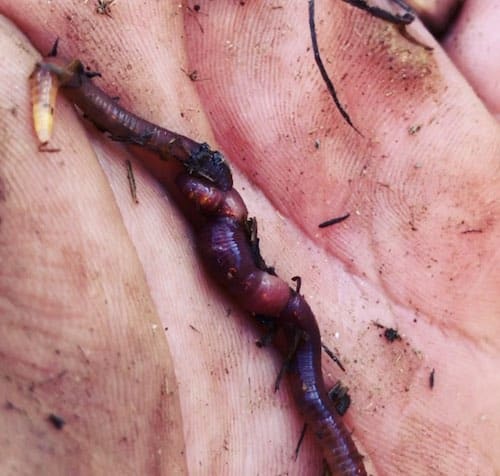Discover Why Lake Hickory Bait is the Best Choice for Lawn Care Solutions
Discover Why Lake Hickory Bait is the Best Choice for Lawn Care Solutions
Blog Article
Just How Red Wigglers Can Transform Your Composting Experience
The combination of red wigglers into composting practices offers a transformative approach to waste administration and soil enrichment. These organisms not only accelerate the decay procedure however additionally generate nutrient-dense vermicompost that improves soil wellness and fertility. Their adaptability to different settings makes them an ideal option for both novice and experienced composters alike. However, recognizing the certain requirements and advantages associated with keeping a growing worm population is critical for maximizing their capacity. What methods can one utilize to make sure a successful vermicomposting experience?
Advantages of Red Wigglers
Red wigglers, clinically called Eisenia fetida, are a keystone of effective composting systems because of their remarkable ability to decompose raw material effectively. These worms excel in changing kitchen area scraps, lawn waste, and other natural materials into nutrient-rich garden compost, commonly described as worm castings. Lake Hickory Bait. This procedure not just decreases garbage dump waste however additionally adds to lasting horticulture methods
Among the primary benefits of red wigglers is their high recreation price, enabling them to inhabit a composting setting promptly. This fast multiplication improves disintegration rates, resulting in faster compost manufacturing. Furthermore, red wigglers grow in a diverse variety of conditions, making them versatile to different composting setups.

Setting Up Your Worm Container
(Red Wiggler Express)To create a reliable worm container for composting, cautious focus should be provided to its design and setting. A suitable worm container ought to be constructed of products that are long lasting yet permit for required airflow, such as plastic or timber. The dimension of the bin can vary, but a quantity of around 1 square foot per extra pound of worms is an excellent starting point.
Make sure that the bin has drain holes to protect against water build-up, which can cause anaerobic problems detrimental to the worms. Additionally, integrating air flow holes will certainly aid maintain appropriate moisture degrees and oxygen circulation.
Next, it is important to offer bedding for the worms, which can include shredded paper, cardboard, or coconut coir. This bed linens not just uses a habitat for the worms but also aids in dampness retention.
Setting the worm bin in a location that preserves a temperature level variety of 55-77 ° F(13-25 ° C) to maximize worm task. Avoid positioning the bin in direct sunlight or extreme temperatures. By complying with these guidelines, you can develop a conducive atmosphere for red wigglers, boosting the performance of your composting procedure.
What to Feed Your Worms

(Red Wiggler Express)Red a fantastic read wigglers specifically take pleasure in soft, moist foods like watermelon rinds, cucumber peels, and banana peels. However, it is essential to prevent feeding them citrus fruits, onions, and garlic, as these can be destructive to their health. Furthermore, prepared foods, milk items, and meat must be strictly stayed clear of, as they can bring about smells and attract bugs.
Offering a consistent feeding schedule will aid keep your worm populace flourishing while improving the total effectiveness of your composting efforts. By recognizing what to feed your worms, you lay the groundwork for a successful and lasting composting experience.
Maintaining a Healthy And Balanced Environment
Developing a thriving composting setting for red wigglers requires focus to their habitat, as it straight influences their wellness and productivity. The suitable habitat needs to keep a balanced moisture degree, generally in between 60-70%. Too much wetness can lead to anaerobic conditions, while inadequate moisture may dry out the worms.

The bed linens material in the compost ought to be diverse and shredded, integrating materials like cardboard, paper, and coconut coir. This not only provides a comfy atmosphere yet also offers as a food source. Lake Hickory Bait. Routinely looking for smells or indications of parasites can help determine potential problems prior to they escalate
Last but not least, preserving a balanced pH level, preferably between 6 and 7, ensures a conducive environment for red wigglers, fostering their ability to process organic issue properly. By resolving these aspects, you can develop a lasting and effective composting ecosystem.
Harvesting and Using Garden Compost
Harvesting compost from a worm container is a satisfying process that changes natural waste into nutrient-rich product for yards and plants. Once the composting cycle is full, commonly after 8-12 weeks, it's time to accumulate the vermicompost. The first step involves separating the red wigglers from the finished compost. This can be done using methods such as the "light" approach, where worms are brought in to light and can be scooped away from the leading layers, or by moving the compost to one side of the bin and including fresh bed linen to the opposite side, motivating the worms to move.
When the worms are gotten rid of, the remaining compost can be sifted to get rid of any type of bigger fragments or undecomposed material. The final product should have a dark, crumbly appearance and a pleasurable earthy odor, showing that it awaits use. This abundant garden compost can be used directly to garden beds, blended right into potting soil, or utilized as a leading dressing for potted plants. By incorporating vermicompost into your horticulture methods, you not only improve soil fertility however likewise advertise healthy plant development and sustainable horticulture techniques.
Verdict
Integrating red wigglers into composting methods considerably enhances the decomposition process and contributes to the manufacturing of nutrient-rich vermicompost. The resulting worm castings enhance soil framework, fertility, and microbial activity, eventually promoting much healthier plant growth.
Report this page